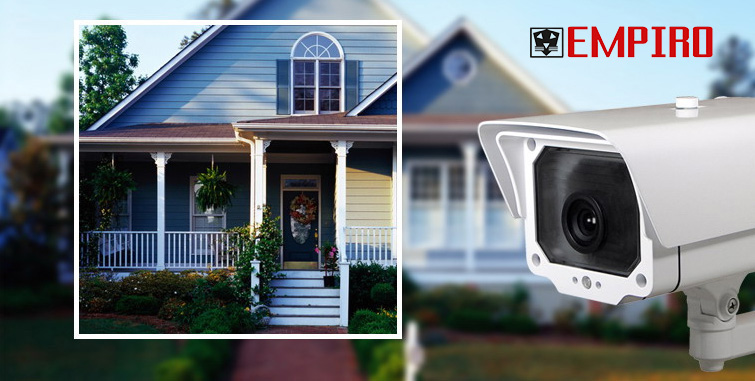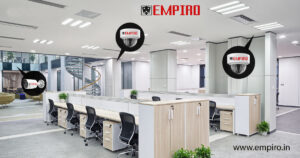
CCTV (Closed-Circuit Television) systems are becoming increasingly popular for home security. A CCTV system can provide peace of mind by monitoring your home and deterring potential intruders. Here are some of the key factors to consider when selecting a CCTV solution for your home:
- Type of cameras: There are various types of cameras available, including indoor, outdoor, and doorbell cameras. Choose the cameras that best suit your needs and the layout of your home.
- Resolution: The quality of the image captured by the cameras is important. The higher the resolution, the clearer the images will be. Look for cameras with at least 720p resolution.
- Night vision: If you want to monitor your home at night, choose cameras with good night vision capabilities. Infrared (IR) night vision is a common feature in CCTV cameras.
- Storage: Decide on how you want to store the footage captured by your cameras. Options include local storage (e.g. on a DVR or NVR), cloud storage, or a combination of both.
- Viewing options: Make sure you can view the footage from your cameras from any device, such as a smartphone or tablet, and that the viewing app is easy to use.
- Installation: Consider the installation process for your CCTV system. Some systems are easy to install yourself, while others may require professional installation.
- Cost: The cost of a CCTV system can vary widely, so make sure you get the best value for your budget.
In conclusion, a CCTV system can provide peace of mind by monitoring your home and deterring potential intruders. When selecting a CCTV solution for your home, consider the type of cameras, resolution, night vision, storage, viewing options, installation, and cost.
- Scalability: As your needs change, you may want to add more cameras to your system. Choose a system that is scalable and can accommodate additional cameras as needed.
- Remote Access: The ability to view footage from your cameras from anywhere is crucial. Choose a system that offers remote access through a mobile app or web portal.
- Motion Detection: Many CCTV systems offer motion detection capabilities. This feature will alert you when motion is detected in a specific area, which can be useful for deterring intruders or monitoring specific areas of your home.
- Two-way audio: Some cameras come with a two-way audio feature that allows you to listen to and speak to anyone in the camera’s field of view. This feature can be useful for communicating with visitors or checking on children and pets.
- Integration with other smart devices: If you already have smart home devices, choose a CCTV system that can integrate with them. This will allow you to control your cameras and view footage within a single app or platform.
- Warranty and support: It’s important to choose a system with a good warranty and support. Make sure you know what kind of support is available in case of issues or problems with your system.
In summary, when choosing a CCTV solution for your home, consider factors such as scalability, remote access, motion detection, two-way audio, integration with other smart devices, warranty and support. With the right system in place, you can have peace of mind knowing your home and family are protected.
- Data privacy and security: Make sure the system you choose has robust data privacy and security features to protect your personal information and the footage captured by your cameras. This includes encrypted data transmission, secure cloud storage, and user authentication.
- Compatibility with other devices: Ensure the system you choose is compatible with other devices you may have, such as smart speakers, home automation systems, and smart locks.
- Image and video quality: The quality of the images and videos captured by your cameras will play a big role in how useful the footage is in the event of a security incident. Choose cameras that offer high-quality images and videos, and make sure the storage capacity is sufficient to store the footage.
- Weather resistance: If you’re installing outdoor cameras, make sure they are weather-resistant to withstand extreme weather conditions like rain, snow, and high winds.
- Power options: Consider the power options for your cameras, as different cameras have different power requirements. Some cameras may be battery-powered, while others may require a power outlet or hardwired installation.
- Brand reputation: Consider the reputation of the brand you’re purchasing from. Look for brands that have a good track record of producing quality products and providing good customer support.
In conclusion, when choosing a CCTV solution for your home, consider factors such as data privacy and security, compatibility with other devices, image and video quality, weather resistance, power options, and brand reputation. By considering these factors, you can choose a system that will provide you with the peace of mind you need to protect your home and family.


